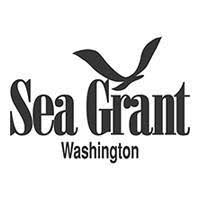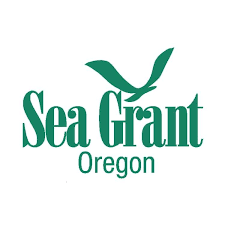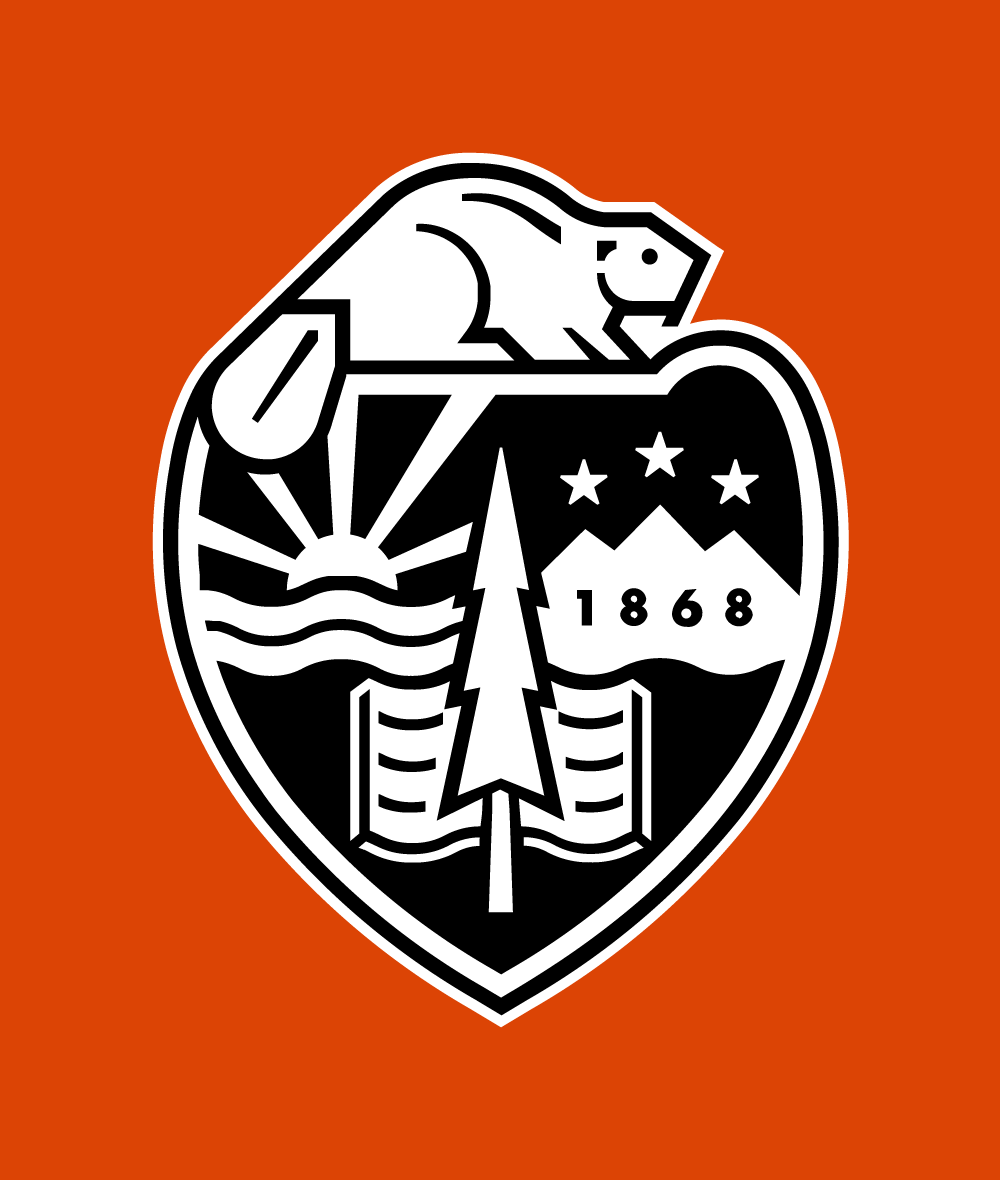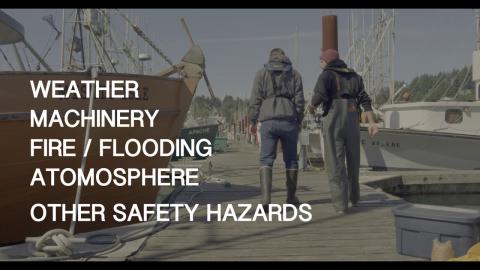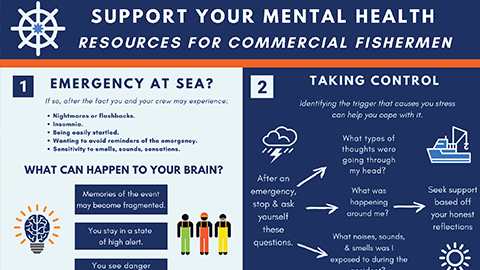Commercial Fishing Safety
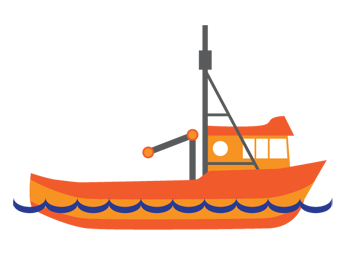
Commercial fishing is a vital industry that provides food for people in the U.S. and around the world. In Oregon and Washington, there are 10,364 commercial fishing vessels with $835,670 dollars in sales per year. Commercial fishing can be physically demanding, involving long hours, harsh weather, and changing work environments. All of these factors can create safety risks for fishermen. PNASH collaborates with Oregon State University to engage commercial fishermen to reduce the risk of injury and keep them fishing. Visit our Partners at OSU
Our current project underway is the Fishermen Led Injury Prevention Program (FLIPP) for Lifejackets Mobile Program. See below to view our other research and resources to improve safety in commercial fishing. Fishermen Led Injury Prevention Program (FLIPP) for Lifejackets Mobile Program
Commercial Fishermen’s First-Aid Kit
Every vessel must have a first aid kit and every fisherman should know what should go into a kit that will really help in situations they might find themselves in at sea. These resources were developed by the Fishermen Lead Injury Prevention Program (FLIPP) led by Oregon State University.
- The Commercial Fishermen’s Guide to Building First-Aid Kits
- What's in Commercial Fishermen's First Aid Kit?
- First Aid Kit Flash Cards
Commercial Fishing Crew Agreements
Commercial fishermen think a good crew agreement can help reduce the risk of injuries and establish a positive relationship among the crew. Understand what goes into a good crew agreement and use the template (either paper version or an online version) to help you get this in place with your crews. These resources were developed by the Fishermen Lead Injury Prevention Program (FLIPP) led by Oregon State University.
- Top Ten Items for An Effective Crew Agreements
- Printable Version of a Crew Agreement
- Online Version of a Crew Agreement
Regional and National Resources
In the News
Fishermen’s News, December 2022 Slips, Trips & Falls: Don't Fall For It


